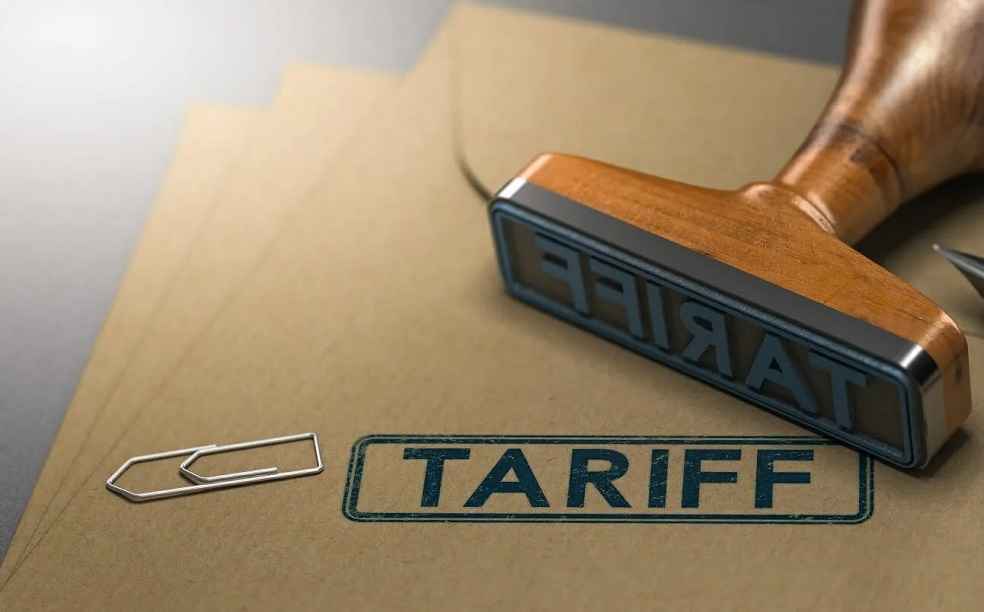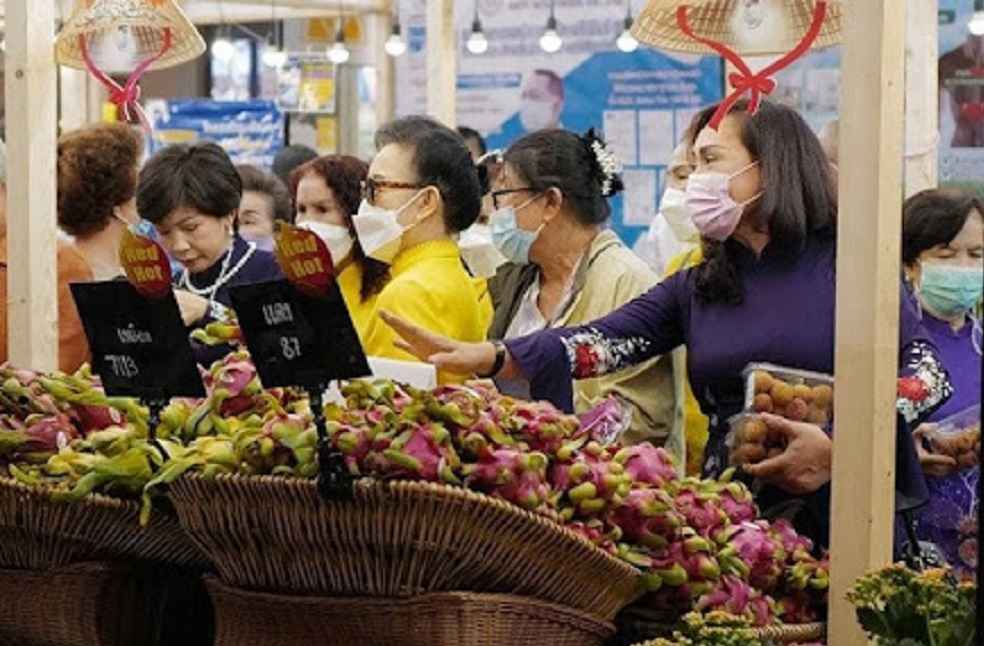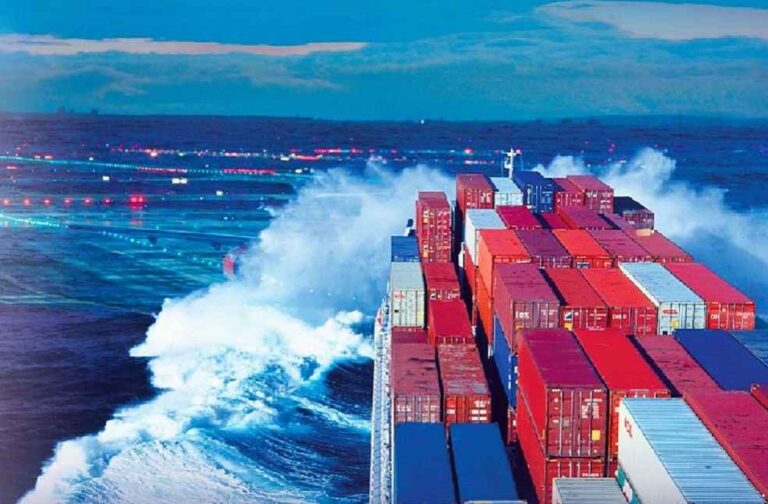Vietnamese exporters have proactively diversified their markets from the start of the year to mitigate risks, anticipating potential global tax increases, according to industry insiders and experts.
Nguyễn Phi Long, Chairman of the members’ council at Saigon Industry Corporation (CNS), revealed that the company had prepared contingency plans for higher tariffs. CNS, a leading exporter of high-quality plastic products and molds, primarily serves markets in Europe and the United States.
“Trade defence investigation, however, has become a real concern,” Long stated, highlighting the increasing challenges posed by global trade policies.

Rising Trade Defence Cases
In 2024, the United States initiated 11 trade defence cases against Vietnamese exports, representing about one-third of the 32 cases across 12 other markets. The investigations focused on goods such as solar panels, shrimp, corrosion-resistant steel, moulded fibre trays, and paper plates. Additional scrutiny on cross-border subsidies has further complicated the landscape. Products including plywood, wooden cabinets, hot-rolled steel, and truck tires have also been flagged for potential trade defence actions.
To counter these challenges, Long urged Vietnamese exporters to focus on improving product quality and diversifying export markets to reduce dependency on vulnerable markets.
Strategic Market Engagement
The Ministry of Industry and Trade reported that Vietnam has established trade relations with over 200 countries and territories. In 2024, the United States emerged as Vietnam’s top export market, with a turnover of $119.6 billion, followed by China ($50.8 billion), the EU ($42.3 billion), South Korea ($21 billion), and Japan ($20.1 billion).
Vietnam’s trade counselor in the United States, Đỗ Ngọc Hưng, emphasized the importance of collaborating with local importers and distributors to ensure products have clear origins. He also advised Vietnamese exporters to import raw materials from the US to balance trade and strengthen compliance with trade defence regulations, minimizing risks and ensuring smooth operations.

Economists’ Recommendations
Economists recommend that Vietnamese businesses adapt to changing trade dynamics by improving product quality, adopting advanced technologies, and optimizing costs. Automation, artificial intelligence, and digital transformation are key to achieving these goals. Moreover, green initiatives and adherence to global sustainability standards are crucial to meeting international market expectations.
Research into alternative raw materials to reduce import dependency and lower production costs is also essential. Strengthening direct and indirect export channels while solidifying positions in global supply chains can help mitigate risks in strict markets.
TRADE TECH | Korean Drones Soar as U.S. Restrictions on Chinese Imports Boost Exports



